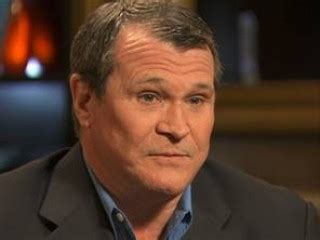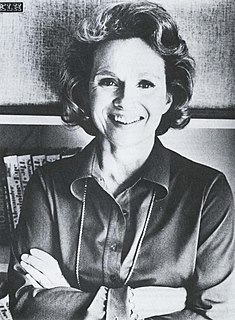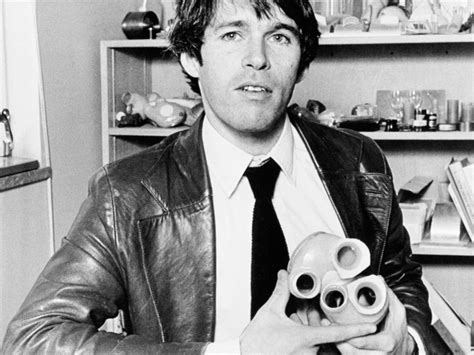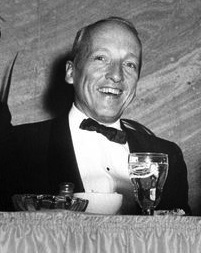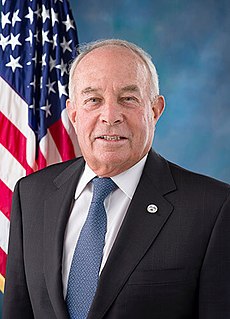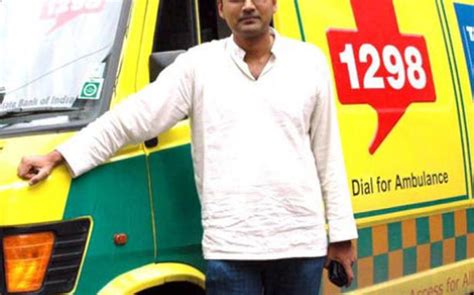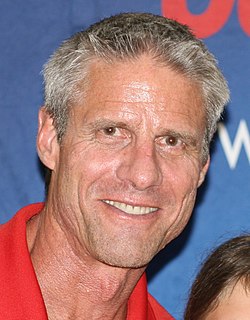A Quote by Steven Hatfill
I'm a medical doctor and a biomedical scientist.
Quote Topics
Related Quotes
The role and weight to be accorded medical testimony in Administrative hearings before the Post Office Department was established....These decisions enunciate a rule that informed medical consensus and the 'universality of scientific belief' may be established through the testimony of a (one, single - Ed.) medical doctor.
It's great to be excited by your profession, whether you are a doctor or a writer. I started writing books when I was in medical school and, by the time I graduated, I realized that writing was more exciting to me than being a doctor. And if I tried to be a doctor and a writer, then both would suffer.
In the field of medicine, if you're sick you need a doctor. A doctor has already studied how to deal with your ailments, and human beings are imperfect. There any many ailments of the psyche and the soul that need to be treated, and the serious murshid, or spiritual master, is also really a doctor of the soul: a person who can heal the wounds of the soul in the same way as a medical doctor takes care of our physical problems.
The medical profession (is) a conspiracy to hide its own shortcomings. No doubt the same may be said of all professions. They are all conspiracies against the laity... (U)ntil there is a practicable alternative to blind trust in the doctor, the truth about the doctor is so terrible that we dare not face it.
